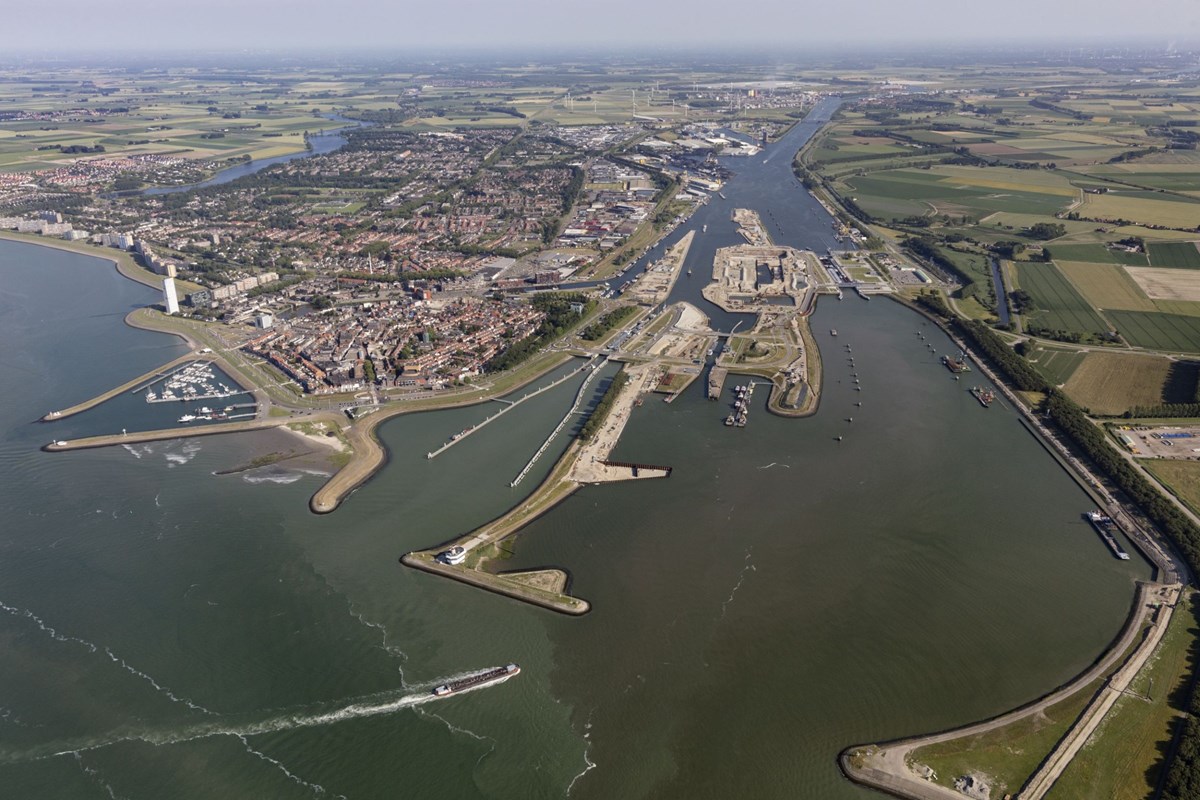
Investment in inland shipping could be ‘useless’ in a decade if the industry fails to harness dataexchangeand provide ports with vitalinformation, a project lead has told PTI.
Anewproject rolling out acentraliseddata exchangewith thePorts of Antwerp, Port of Oostende,Port of Zeebrugge(now merged with the Port of Antwerp to become the Port of Antwerp-Bruges) and North Sea Portis set tomoderniseinland shipping
The data exchange platform, launched 4 January 2021,is also set tofutureproof the sector as it vies for greater cargo traffic along the supply chain, according toJefBauwens, Project Manager of Smart Logistics at the River Information Services at DeVlaamseWaterwegnv.
The online reporting platform means skippers and shipping providers will only have to submit a single digital report containingroute, cargo, and shipping data for waterways in Flanders and on the Western Scheldt.
“We have done a lot of interviews with logistics parties,” commented Bauwens. “If you look at the logistics chain today, they make use of trucks on the road more often than they make use of barges in the logistics chain–for goodsthat cantransported onboatways.
“For some cargo, there is no need for it to be transported in an urgent way via road,” he added.
On 29 March – 1 April PTI will be hostingthe Smart Digital Ports of the Future conference – featuring insight on how emerging technologies will transform shipping and the ports within it. Click here to register!
River transport for cargo can besignificantly more beneficial for the environmentthan Heavy Goods Vehicles (HGVs): a 1000-tonne barge can replace 100 lorry journeys with just half of the emissions of road freight, for example.Further, barges that have engines comparable to that of trucks can carry 10 to 12times the amount of freight, providing financial savings.
Bauwens laments however thatthe lack of real-time dynamic information is a key obstacle in growing inland shipping along the supply chain.
Explaining further,Bauwenssaid, “Logistic players make use ofroadtransport just because theydon’t trust the inland waterways. Theydon’tknow it.
“They said it literallyisbecause they don’t have the right information.That’ssomething we’ve also had to tell the barge owners: if you can provide good information to the whole logistic chain, then your business will be better in the future.”
Those who already report digitally do not have to bring new software on board –and can direct their information to the centralised hub.
However,forthosewhostill report to every port along the route through analogue communications– through acounteror VHF radio, for example–Bauwens and his team are encouraging skippers to move to digital softwareto better inland shipping’s ‘pitch’ of its value for logistics providers.
“Ifwe don’t anything today then in 10 yearsor20 years we will be non-existent,” claimed Bauwens.“Every investmentin a quaywill be useless because there won’t be any barges.”
Whilstemerging technologies like autonomous barges and AI canmake the case further for suppliers to utilise inland shipping, ifdata sharing is not established, the industry could be “nowhere,” says Bauwens.
“That’s the main reason we started this project,” he added. “Every step we take in this project is one step in making a better logistics world.”





